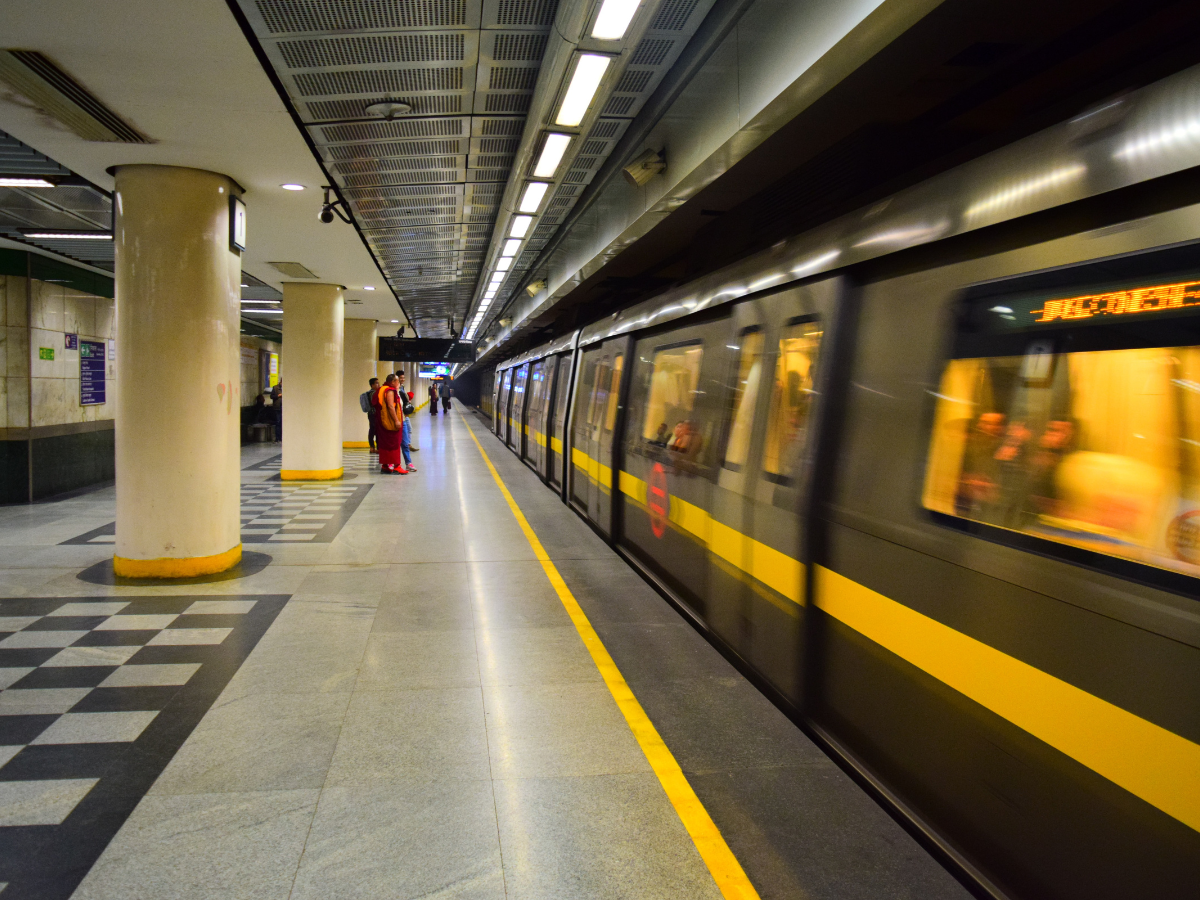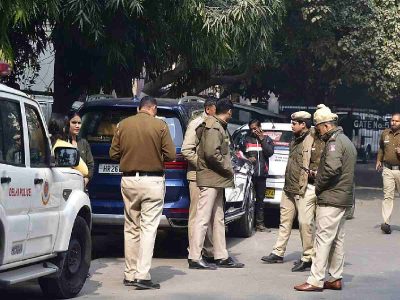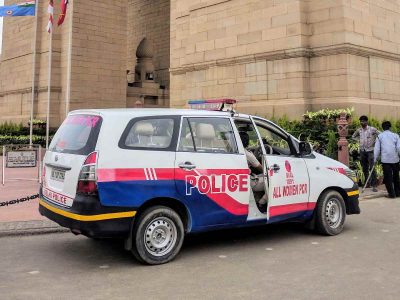The Delhi Metro Rail Corporation (DMRC) inaugurated its new integrated Operation Control Centre (OCC) on Wednesday, a significant move to lay the groundwork for launching operations on the Phase-IV corridors of the Delhi Metro, officials announced.
The new OCC, stationed on the third floor of Metro Bhawan, the DMRC’s headquarters, allows for comprehensive management of the entire Delhi Metro network, encompassing rolling stock, stations, signals, tracks, and more, with monitoring at concourse and platform levels. This ensures constant monitoring of both passengers and the system itself from the OCC, the DMRC explained in a statement.
Currently, the DMRC is progressing construction on a 65.2-km stretch comprising three priority corridors featuring 45 stations. These corridors include Janakpuri West-RK Ashram Marg (28.92 km) and Majlis Park-Maujpur (12.55 km), which are extensions of the Magenta and Pink lines, respectively, and Aerocity-Tughlakabad (23.62 km), known as the Golden Line, connecting the Violet and Airport lines from their termini.
The new OCC, inaugurated by DMRC Managing Director Vikas Kumar alongside other senior officials, will not only oversee the operations of the existing Red and Yellow lines but also manage upcoming corridors such as Delhi Aerocity-Tughlakabad, Rithala Bawana-Narela-Kundli, and Lajpat Nagar-Saket G Block once they are operational for the public.
This upgraded infrastructure caters to the need for a centralised control room for the new Phase-IV corridors, allowing for more efficient and unified management of the DMRC’s expansive network, encompassing 415 km of track length, nearly 388 trains, 301 stations, and 40 interchange stations. The unified control in one building is expected to lead to more effective decision-making and quicker incident resolution.
The OCC is staffed by chief controllers, traffic controllers, traction power controllers, signalling controllers, and auxiliary system controllers, who work around the clock to ensure the regularity, safety, and security of train operations. The centralised monitoring and control provided by the OCC will enhance the DMRC’s ability to respond to any disruptions or failures in the Metro system, minimizing the potential impact on other lines.
(With PTI inputs)





